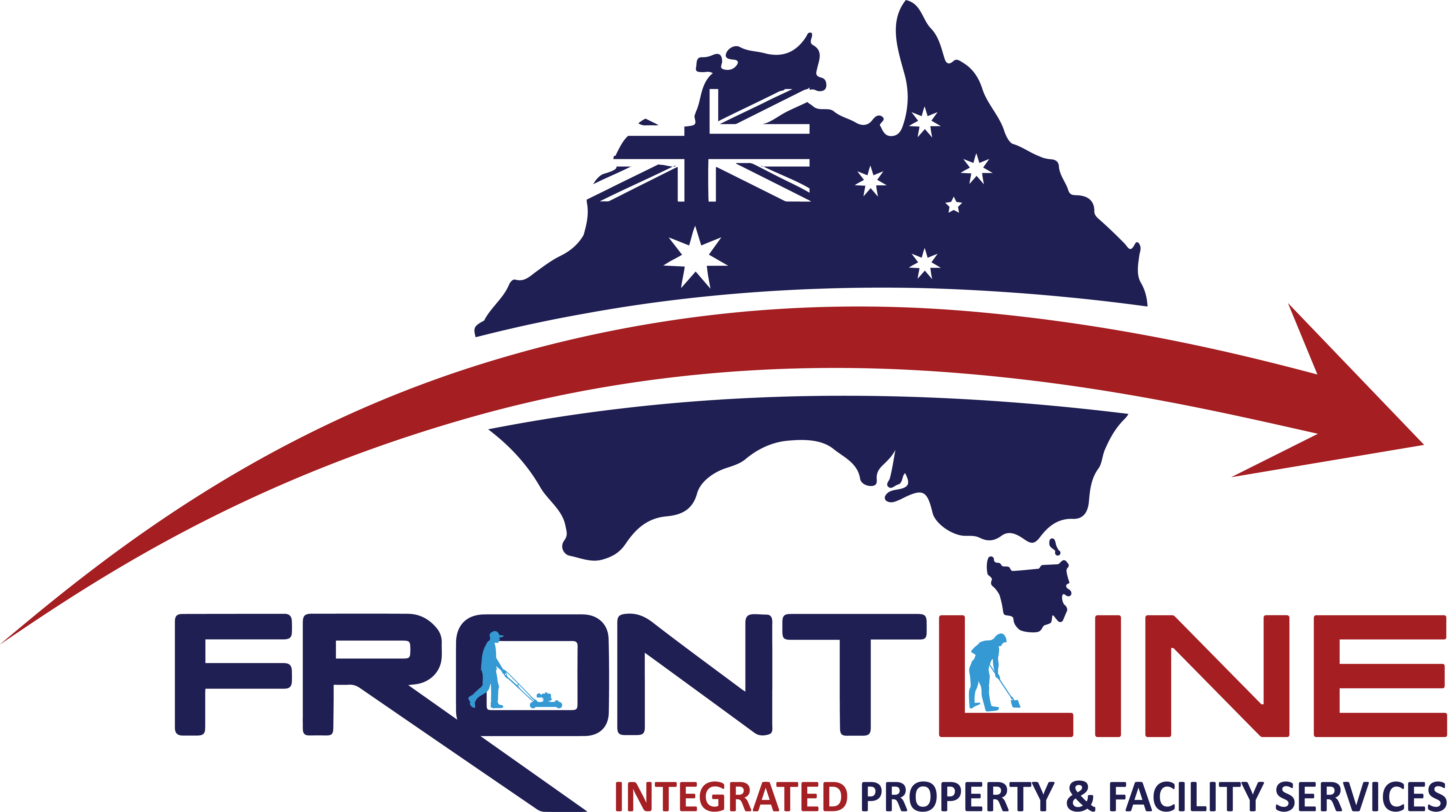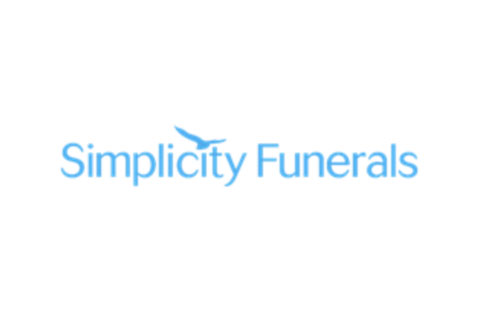
Every June, Men’s Mental Health Awareness Month reminds us of a pressing reality: too many men are silently struggling. Behind the brave faces, the uniforms, the work boots and the family commitments, countless Australian men are navigating the quiet crisis of mental health - and for many of them, the battle is far from visible.
At Wounded Heroes Australia, we see this every day. We work closely with current and former members of the Australian Defence Force (ADF), men who have served their country with courage and honour. But when they return home or even while still serving many face emotional trauma, financial hardship, housing insecurity, and mental health challenges that aren’t always met with the support they deserve.
This month, we’re calling on all Australians to break the silence. Let’s talk about men’s mental health, not just with awareness, but with action.
The Silent Struggle Among Our Heroes
Statistically, one in eight Australian men will experience depression, and one in five will suffer from anxiety at some point in their lives. Among military personnel and veterans, these figures are even higher. PTSD, service-related injuries, prolonged separation from loved ones, and the cultural expectation to “tough it out” all contribute to a mental health landscape that is both complex and urgent.
Yet, men especially those in service roles are the least likely to seek help. Many suffer in silence, putting their mates, family, and careers first, while their own wellbeing slips into the background. This silence can have tragic consequences, with suicide rates among male veterans still alarmingly high.
When Life Collapses, We Step In - A True Story
Sometimes, it’s not the big, visible battles that break someone. It’s the slow build-up of pressure. The unexpected emergencies. The helplessness of feeling unsupported. That’s what happened to one ADF member we recently supported - a man serving his country while juggling the pressures of being a husband and father of three.
After a violent hailstorm struck their area, the roof of their rental property collapsed - right into the kitchen and lounge. It wasn’t just a leaking ceiling. It was full structural damage that rendered the home unliveable. Despite the urgency and safety concerns, the landlord and real estate agency failed to offer immediate assistance. No emergency accommodation. No real answers. Just silence.
For this ADF family, it wasn’t just a logistical nightmare - it was a mental health crisis. Imagine working a high-stress Defence role while worrying whether your kids are safe. Imagine watching your wife break down because she has nowhere to take the children. Imagine feeling powerless, ashamed, and invisible - all while still expected to report for duty.
That’s where Wounded Heroes stepped in. We provided the family with emergency accommodation close by, food vouchers to ensure they didn’t go hungry, and a sense of stability while repairs were made. More than that, we showed them that they weren’t alone.
This is not just a story of assistance. It’s a story of early intervention - because when the cracks in life start to appear, the worst thing we can do is let someone fall through them.
Support That Goes Beyond the Surface
Mental health support isn’t just about counselling sessions or helplines. Sometimes, it’s a warm bed. Sometimes, it’s knowing your kids have food. Sometimes, it’s simply being seen and heard.
At Wounded Heroes Australia, we provide:
- Emergency financial relief for rent, food, fuel, and bills
- Crisis accommodation for veterans and their families
- Advocacy and support navigating housing, services, and recovery pathways
- Peer connection and community to break isolation
- Awareness campaigns to reduce stigma and encourage men to reach out
We know that when basic needs are met, the emotional healing can begin.
Why This Month Matters More Than Ever
The cost of living is rising. Housing insecurity is increasing. Veterans and serving members -and their families – are often caught in the crossfire. And when systems fail, mental health takes the biggest hit.
That’s why Men’s Mental Health Awareness Month is not just symbolic. It’s strategic. It’s an opportunity to shine a spotlight on real, lived experiences. To listen to our men. To dismantle the outdated belief that strength means silence.
What You Can Do
Whether you’re a mate, a family member, a colleague, or a stranger - you can make a difference.
Here’s how:
- Start the conversation. Ask your mates how they’re really doing – and listen without judgement.
- Donate to frontline organisations like Wounded Heroes that provide critical, direct support to those in crisis.
- Share stories. Help normalise help-seeking by amplifying real stories of recovery and resilience.
- Encourage check-ins. Small messages of care go a long way – especially to those who seem “fine on the outside.”
- Challenge the stigma. Help redefine strength as the ability to speak up, not suffer in silence.
From Despair to Dignity
That ADF father - the one whose roof collapsed told us that receiving help from Wounded Heroes was the first time in months he felt like someone cared. He said it gave him the strength to keep showing up for his family, his unit, and himself.
That’s the power of showing up for our men.
Because behind every mental health statistic is a father, a son, a brother, a mate, a soldier. Someone who matters.
We See You. We Hear You. We’re With You.
This Men’s Mental Health Awareness Month let’s move beyond awareness and into action. Let’s be a country that doesn’t just say, “You’re not alone” - but proves it, every single day.
At Wounded Heroes Australia, we stand beside the men who’ve stood for us. Whether they’re struggling with mental health, facing housing insecurity, or simply need a listening ear - we are here.
Because real strength is not about being unbreakable. It’s about being supported when you are.
Want to Help Us Help More?
💙 Donate today and support our emergency response programs
🏠 Sponsor a veteran’s accommodation for a week
📢 Share this blog to spread awareness
💬 Start the conversation - with someone who needs it

























































